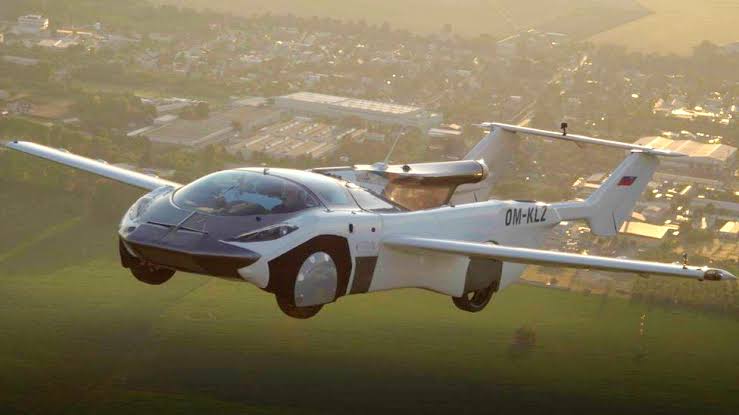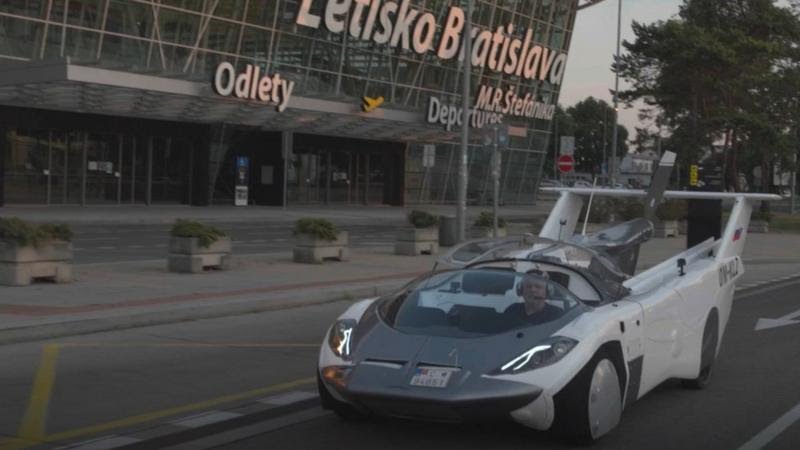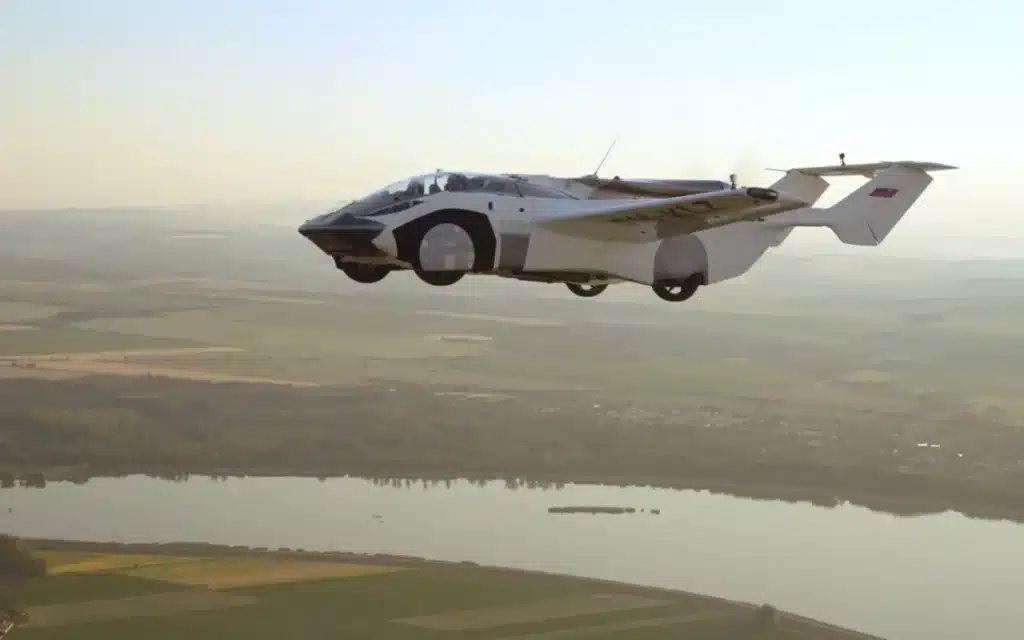From Dreams to Reality: The Rise of Flying Cars Across the Globe
The Dawn of Flying Cars: Revolutionizing Transportation
%20(5).jpeg) source
source It seems like the future we've always dreamed of is finally within reach, with flying cars becoming a reality in three different countries and more soon to follow suit. This groundbreaking technology holds immense potential to transform transportation as we know it and usher in a new era of mobility and sustainability.
Indonesia's Vision for Smart and Sustainable Cities
In Indonesia, plans for flying cars are not just a distant dream but a tangible goal set to be realized by 2045. The new capital city, known as Ibu Kota Nusantara (IKN), is at the forefront of this innovative initiative. Bambang Susantono, an authority from Nusantara Capital City, emphasized that flying cars are a key component of their vision for smart and sustainable cities. The integration of driverless buses and flying cars aligns with their ambitious plans to create a carbon-free environment and combat global climate change. By embracing cutting-edge technology, Indonesia aims to lead the way in redefining urban mobility and environmental stewardship.
The Rise of Flying Vehicles Across the Globe
Indonesia is not alone in its pursuit of flying cars. Other countries have also taken significant strides towards adopting this transformative technology. In China, Xpeng Inc., a leading electric vehicle (EV) maker, made headlines with the maiden public flight of its electric aircraft in Dubai. The X2, a completely autonomous electric Vertical Take-Off and Landing (eVTOL) vehicle, boasts impressive capabilities, including speeds of up to 130 km/h and zero carbon emissions. With the potential to drastically reduce travel time and environmental impact, the X2 represents a paradigm shift in urban transportation.
Meanwhile, in Slovakia, the AirCar, a dual-mode car-aircraft vehicle, received a certificate of airworthiness after completing rigorous flight tests. This innovative prototype, which seamlessly transitions between road and air travel, has the potential to revolutionize personal transportation and redefine the concept of a commute. By meeting the stringent requirements of the European Aviation Safety Agency (EASA), the AirCar has paved the way for future advancements in aerial mobility.
In Japan, the first unmanned outdoor flight of a flying car marked a significant milestone in the country's pursuit of innovative transportation solutions. Under the strict approval of the Transport Ministry, this groundbreaking achievement demonstrated the feasibility and potential of flying cars to redefine urban landscapes. With its compact design and impressive performance, the Japanese flying car represents a glimpse into the future of personal mobility.
The Promise of Flying Cars for Humanity
The advent of flying cars holds immense promise for humanity, offering a myriad of benefits that extend far beyond convenience. By revolutionizing transportation, flying cars have the potential to alleviate traffic congestion, reduce carbon emissions, and enhance accessibility for urban and rural communities alike. Moreover, the integration of autonomous technology and sustainable propulsion systems underscores a commitment to safety, efficiency, and environmental responsibility.
In addition to transforming urban mobility, flying cars could also revolutionize emergency response, disaster relief, and remote access to essential services. From facilitating rapid medical evacuation to enabling swift search and rescue operations, the versatility of flying cars opens up new possibilities for addressing humanitarian challenges and saving lives in times of crisis.
As we embark on this exciting journey towards a future where flying cars are commonplace, it is essential to prioritize safety, sustainability, and equitable access to ensure that the benefits of this transformative technology are realized by all. By harnessing the power of innovation and collaboration, we can create a world where flying cars not only defy gravity but also elevate humanity towards a brighter and more sustainable future.
 source
source The emergence of flying cars represents a monumental leap forward in transportation technology, with the potential to reshape cities, redefine mobility, and revolutionize society as a whole. As countries around the world embrace this transformative technology, it is crucial to harness its power for the benefit of humanity and the planet. By prioritizing safety, sustainability, and inclusivity, we can unlock the full potential of flying cars and pave the way for a future where the sky is no longer the limit.
